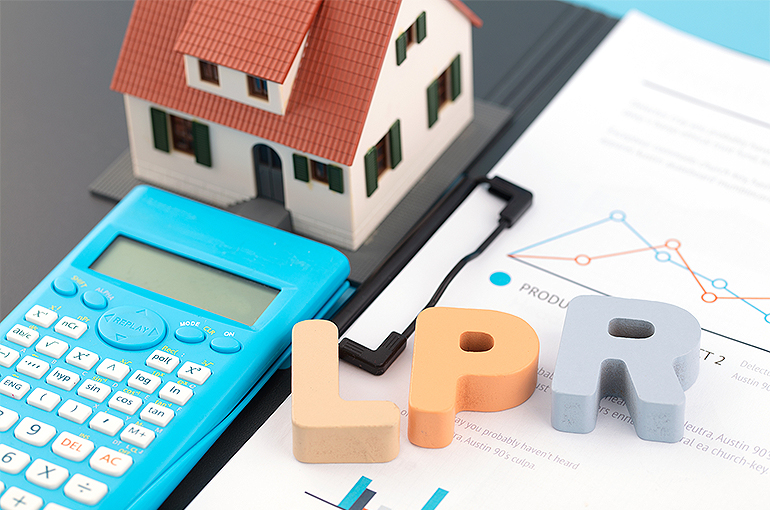 Falling Chinese Mortgage Rates Are Set to Enter ‘2% Era’ After LPR Cut
Falling Chinese Mortgage Rates Are Set to Enter ‘2% Era’ After LPR Cut(Yicai) July 23 -- Mortgage interest rates in several Chinese cities are expected to enter the 2 percent territory after the central bank lowered its benchmark bank lending rates for the second time this year yesterday.
Interest rates on first home loans in Nanjing, China’s eastern Jiangsu province, will likely fall to a record low of 2.95 percent, equal to the LPR minus 90 basis points, Yicai calculated from data by the Centaline Property Research Institute.
China’s average mortgage interest rate was 3.5 percent in June, with that for first homes averaging 3.3 percent, down 60 bps from a year earlier and 20 bps from May, according to statistics from the Centaline Property Research Institute.
The People’s Bank of China yesterday lowered the one-year LPR 10 bps to 3.35 and the five-year LPR by the same amount to 3.85 percent. The move follows a 25 bps reduction in February. Since July 2020, mortgages have been anchored to the LPR. Housing loans’ interest rates are recalculated every time the LPR changes, based on a ‘LPR minus n bps’ formula agreed in mortgage contracts.
The PBOC’s move not only influences new mortgages but also lowers interest rates of existing ones and shrinks incentives of borrowers to repay their loans in advance, thus helping banks narrow the interest income they lose from early repayment, said Zhang Dawei, chief analyst at Centaline Property.
The LPR cut will lower the cost of corporate loans and residential mortgages, effectively reducing the financing costs of the real economy and expanding domestic demand, said Wang Qing, chief macro analyst at Golden Credit Rating. A new round of deposit cuts will likely be initiated to help stabilize lenders’ net interest margins, Wang predicted.
With the latest LPR reduction, the cost of buying apartments will be reduced, releasing housing demand, forming a synergy with previous policies, and boosting the market sentiment in core cities to promote recovery, according to Chen Wenjing, market research director at the China Index Academy.
The interest rates on first and second home mortgages will keep declining, Chen noted, adding that lowering the cost of buying houses will continue to be one of the most important measures to support the release of housing demand.
Editor: Futura Costaglione